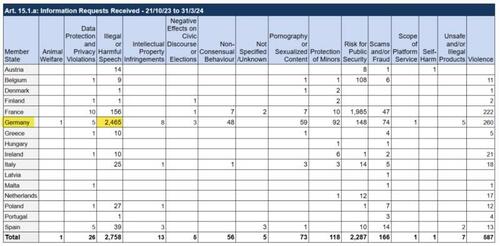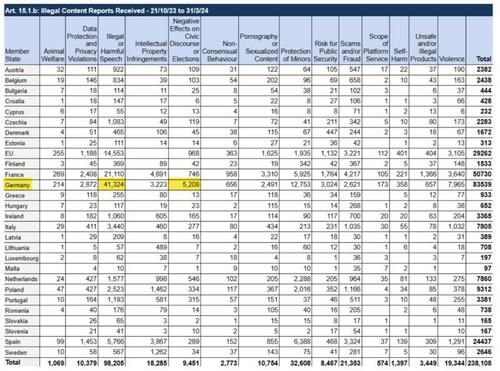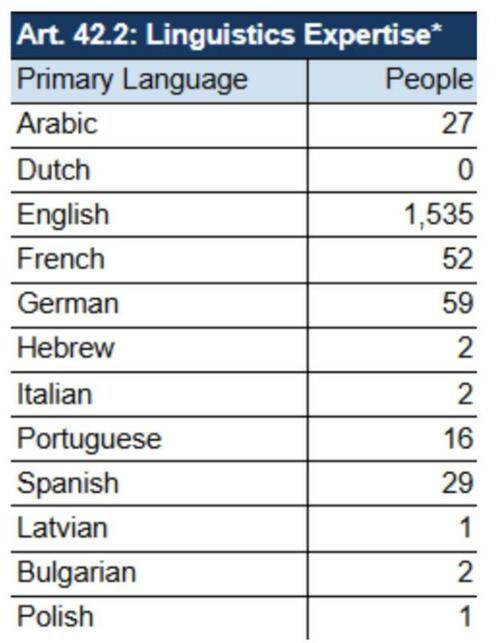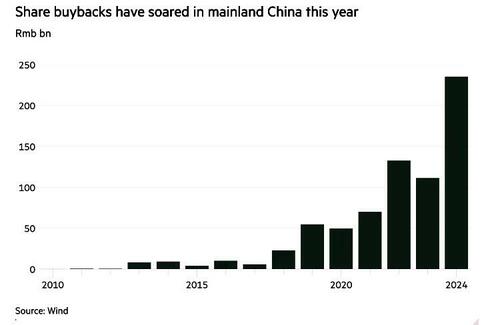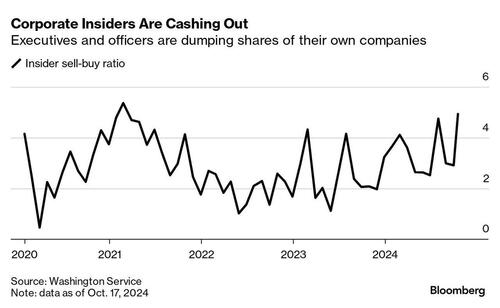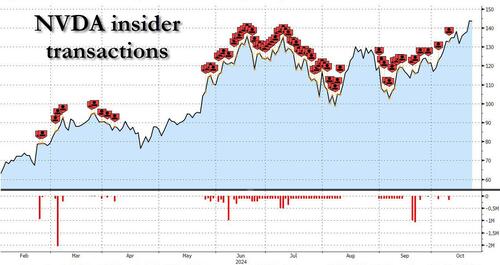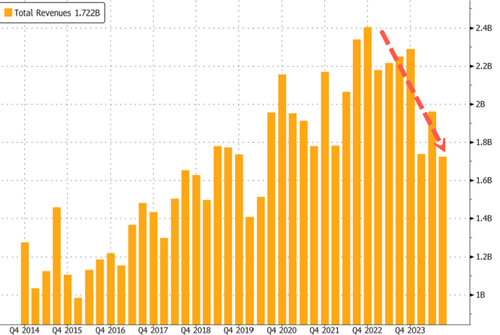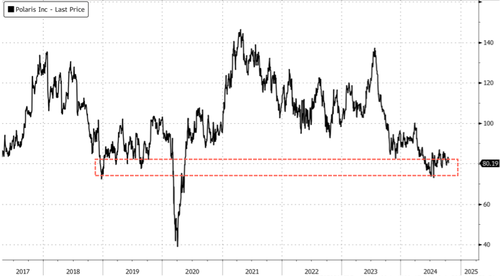Germany Is The EU’s Censorship Champion
Authored by Robert Kogon via The Brownstone Institute,
Note that X, rebranded as a “free speech platform,” provides information on platform users to the governments of EU member states in connection with not just illegal speech – and, yes, national legislation in EU countries includes many “speech crimes” – but also legal speech that is deemed “harmful.”
This is the real innovation involved in the EU’s Digital Services Act (DSA): It creates an obligation for platforms to take action in the form of “content moderation” against not just illegal content, but also ostensibly harmful content such as “disinformation.” Note that in the period covered in X’s latest “Transparency Report” to the EU on its “content moderation” efforts, nearly 90% of such requests for information on the purveyors of ostensibly “illegal or harmful speech” came from just one country: Germany. See the below chart.
Note that X also takes action against posts or accounts for “illegal or harmful speech” that is reported to it by EU member states or the European Commission. Such action may involve deletion or geo-blocking (“withholding”) of content. But, as the “enforcement options” linked in the report make clear, it can also involve various forms of “visibility filtering” or restricting engagement — “in accordance with our Freedom of Speech, Not Reach enforcement philosophy,” as the report puts it.
Here again, Germany is top of the table, having submitted 42% of all the reports to X on “illegal or harmful speech” and nearly 50% of the reports from member states. See the chart below. Germany submitted nearly twice as many reports as any other member state — France finished a distant second — and over ten times more reports than comparably-sized Italy. The European Commission submitted around 15% of the reports.
It is also notable that Germany submitted by far the most reports on content entailing “negative effects on civic discourse or elections,” yet another category of speech that is clearly not illegal per se but that is deemed “harmful” enough under the DSA regime to require suppression. (Hence, while the content is not per se illegal, it would be illegal for platforms under the DSA not to suppress it. This ambiguity is at the very heart of the DSA censorship regime.) Germany submitted well over half of all such reports and over 60% of the reports from member states.
Finally, it is worth noting that the overwhelming majority of these reports and the related “enforcement actions” undoubtedly involve English-language content. This can be gleaned from the fact that nearly 90% of X’s “content moderation team” consists of English speakers. The “primary language” of 1,535 of the team’s 1,726 members is English, as can be seen in the below chart.
But why should Germany or the EU be accorded any jurisdiction over English-language discourse? Needless to say, Germans are not as a rule native English speakers and only 1.5% of the total EU population has English as their mother tongue.
In any case, two things are very clear from X’s “Transparency Report.” One is that Elon Musk’s “free speech platform” is not that and is in fact devoting enormous resources, both in terms of “trained” human censors and programming, to complying with the EU’s censorship regime. And the other is that Germany is the EU’s — and hence undoubtedly the world’s — undisputed, online censorship champion.
There were 226,350 “enforcement actions” taken by X in response to reports from EU member states or the EU Commission in the reporting period covering barely more than three months. This is to say nothing of the “enforcement actions” taken proactively by X in accordance with its own DSA-compatible terms of service and rules.
Lest readers have trouble reconciling the foregoing with the viral kerfuffle between Elon Musk and Thierry Breton and the famous “proceedings” against X that were initiated under Breton’s leadership, please see Jordi Calvet-Bademunt’s helpful account of the “preliminary findings” of the EU Commission’s investigation here.
According to a new Bloomberg report, EU officials are even contemplating taking into account the revenues of some of Musk’s other companies in calculating a potential fine against him. Needless to say, despite the fact that the sources are unnamed, this has been widely construed as a further escalation in a mammoth free speech struggle between Musk and the EU.
But as Calvet-Bademunt’s analysis shows, the EU’s case against X, as it now stands, has nothing to do with insufficient “content moderation” — or, in other words, censorship — but merely concerns other, more arcane, aspects of the DSA.
Interestingly, the original proceedings opened against X did indeed involve “content moderation” and — believe it or not – could even have had a positive impact on freedom of speech, since X was ostensibly being investigated not for failing to remove or suppress user content, but rather for failing to inform users about such “content moderation decisions” or, in other words, shadowbanning. But, as Calvet-Bademunt shows, this aspect has been dropped from the investigation.
The fact of the matter, in any case, is that no online platform of any size can remain on the EU market and be a “free speech platform.” The DSA makes this impossible.
Tyler Durden
Wed, 10/23/2024 – 03:30
via ZeroHedge News https://ift.tt/uoKwFet Tyler Durden

